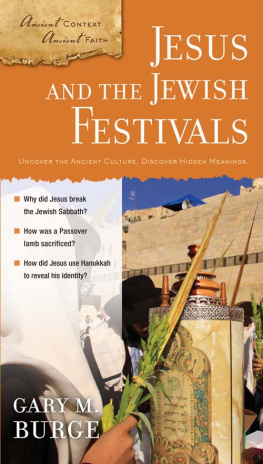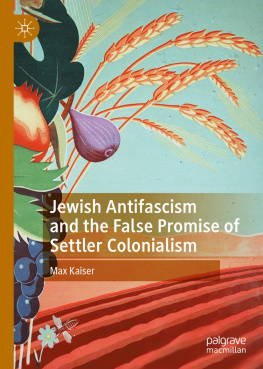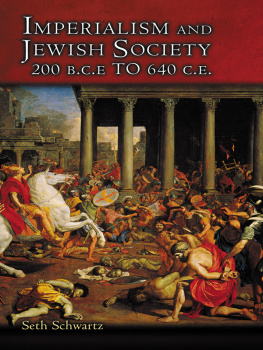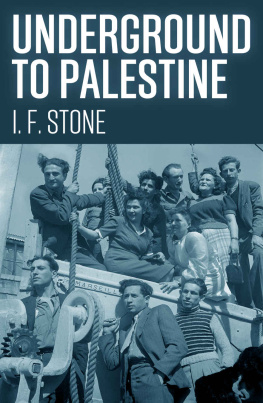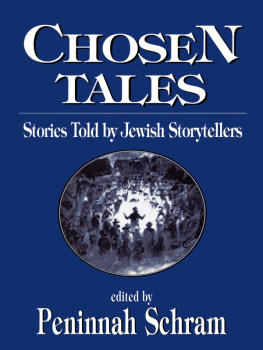First published by George Routledge & Sons Ltd.
This edition first published in 2018 by Routledge
2 Park Square, Milton Park, Abingdon, Oxon, OX14 4RN
and by Routledge
711 Third Avenue, New York, NY 10017
Routledge is an imprint of the Taylor & Francis Group, an informa business
Taylor & Francis
All rights reserved. No part of this book may be reprinted or reproduced or utilised in any form or by any electronic, mechanical, or other means, now known or hereafter invented, including photocopying and recording, or in any information storage or retrieval system, without permission in writing from the publishers.
Publisher's Note
The publisher has gone to great lengths to ensure the quality of this reprint but points out that some imperfections in the original copies may be apparent.
Disclaimer
The publisher has made every effort to trace copyright holders and welcomes correspondence from those they have been unable to contact.
A Library of Congress record exists under ISBN: 20021347
ISBN 13: 978-1-138-60429-2 (hbk)
ISBN 13: 978-1-138-60438-4 (pbk)
ISBN 13: 978-0-429-46231-3 (ebk)
Festival Stories of Child Life
in a
Jewish Colony in Palestine
Festival Stories of Child Life
IN A
Jewish Colony in Palestine
IT is just one day before Passover. In every house women and girls and even the boys are busy hurrying and scurrying about.
In Palestine Passover is a very serious affair. Every house must not only be cleaned and scrubbed, but it must be whitewashed and new sand-floors made where there are no cobbled or marble floors. As Passover falls in Spring, and the weather is warm and generally dry, everything in the houses is carried out of doors. Clothes are hung up to air and be sunned on clothes-lines, and well shaken in case there may be some crumbs of bread or cake in the seams or linings. Even pockets are turned inside-out for the same reason.
To open every book is the most important thing; they must be looked through, shaken, and clapped, in case crumbs had slipped in when the reader had been eating while reading, for many had only time to read or study when eating their meals. By those who keep the Law nothing is done in a half-hearted way; and as the Law said no leaven bread should be in any Israelite's house during the eight days of the Passover Festival, they keep strictly to the Law and collect all the leaven bread, cakes, and crumbs, and burn them on the eve of Passover.
What a joyful, happy time it is to the young folk, helping thoroughly to clean the house!and, though it is often hard or heavy work, they always look upon the cleaning as play. When they carry the feather mattresses out of doors, they generally put one of the boys on each, roll it round him, and toss him over and over as if he were a barrel; or they may take a blanket, and four of the boys will hold the four corners while one boy gets into the middle of it; then they throw him up into the air. And what fun and laughter there is, until the mother or elder sister comes out to scold them for the noise they are making!
Even the tiny tots have their Passover work. They keep driving the fowls and ducks away from the furniture and the mattresses out of doors for a sunning, for the ducks and hens just love to make themselves comfy by settling down on something nice and soft.
Of all the festivals, the boys love the Passover most, for they then have most freedom and fun. What they all like best of all is, after everything is clean and tidy again, all the leaven bread cleaned away for the last time for eight days, when they see their mother go to the great trunk, uncover it, and then open it, In this trunk all the special silver, glass, and china is kept specially for the Passover Festival. These things are always more beautiful than those used at any other time of the year.
Everything connected with the Passover is good and beautiful, whether it is the silver, which the rich use, or the china and glass, which the poorer use. After every Passover each article is again carefully wrapped up and packed away until the next time this Feast of Freedom is to be celebrated; for nothing that can be afforded is thought too costly for the commemoration of this special occasion, when, after years of slavery in Egypt, the Jews became free men.
All the children stand round the mother, jumping with excitement and joy, and crying out, "Let's see, let's see! What's in this paper!" when each article is brought out, especially when they see the small silver or eoloured glass goblets that belong to each child for the Passover Feast. Even the older ones take a great delight in seeing these things unpacked.
Joy, noise, and cheeriness was everywhere in the Colony in the year of which this story is written except in Shimon's house, for his mother was ill and his father was away looking for work. He was only a farm-labourer, and there was not much work for him to do during this season of the year. His brothers and sisters were too small to do anything towards preparing the Passover. Shimon tried hard to scrub the doors and wooden partitions of their rooms; but he could not manage to do much as he was neither big nor strong. At last he sat down outside on the doorstep and dropped his head on his knees, and cried from weariness and disappointment.
Joseph just happened to pass by and saw the little lad. He said, "Hullo, Shimon! what's gone wrong with you?"
"It is not with me," said Shimon, crying; "but I feel awful bad. Just fancy, only one day before Passover, and my father's not back, and nothing has been turned out and cleaned, and I cannot manage to do it all."


